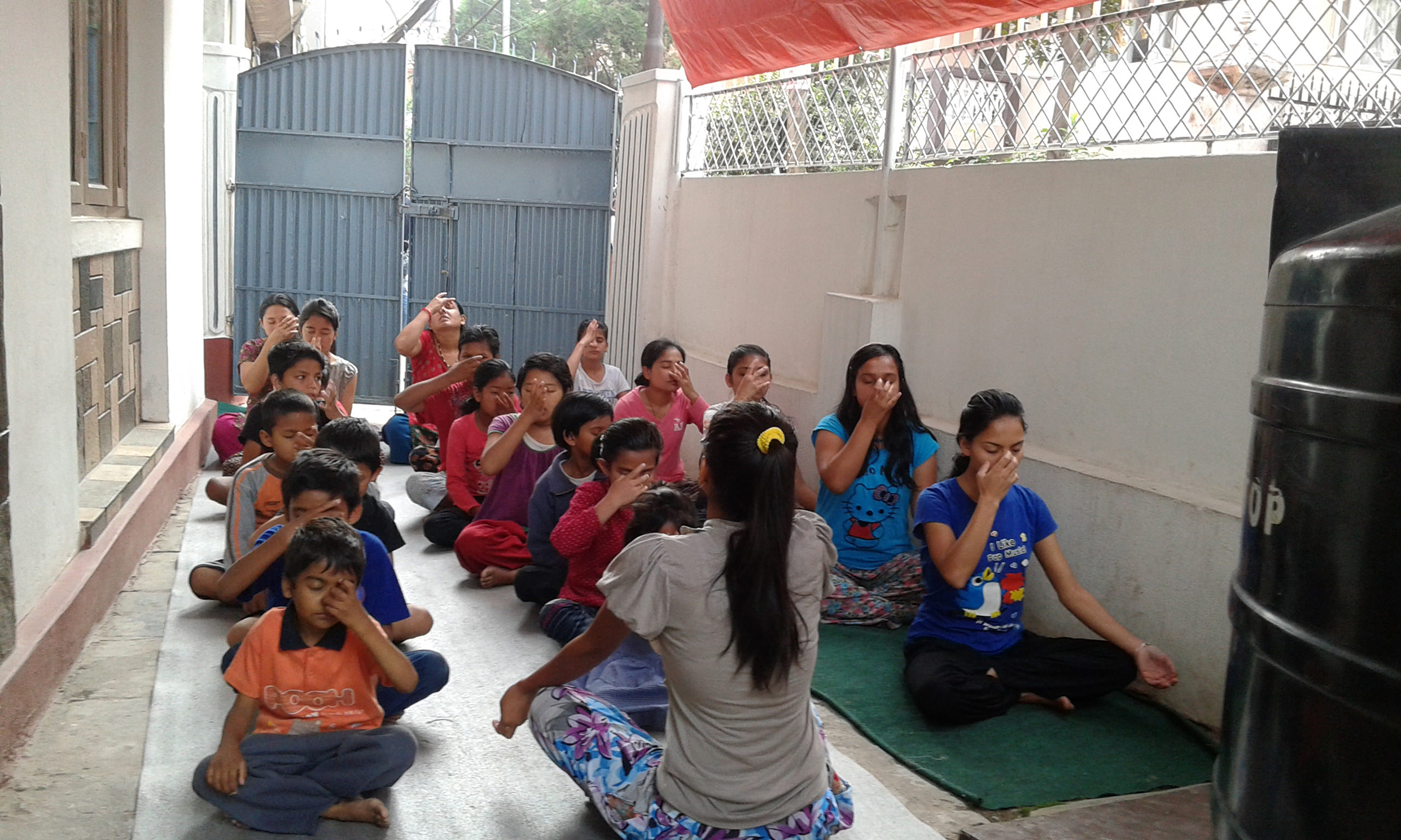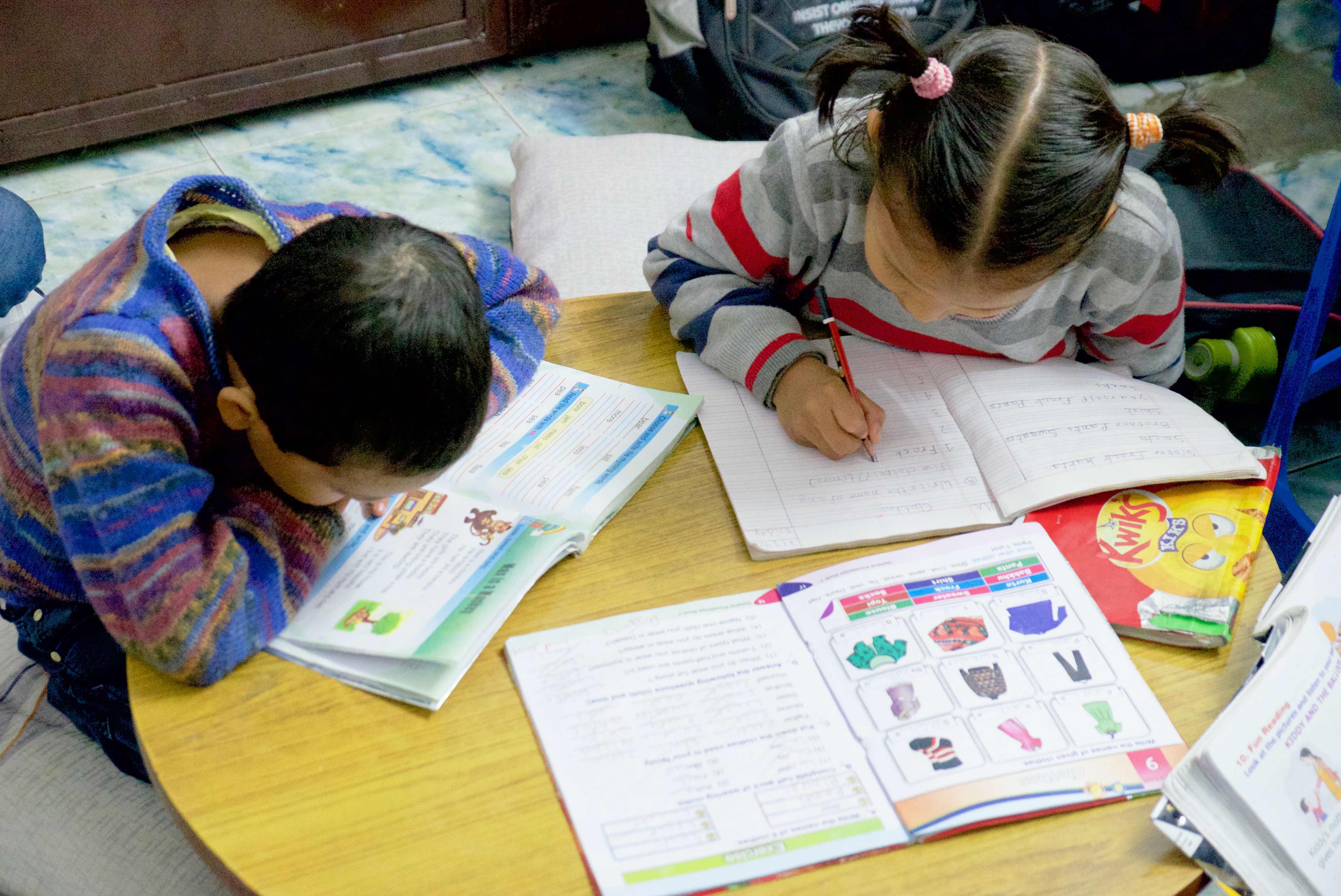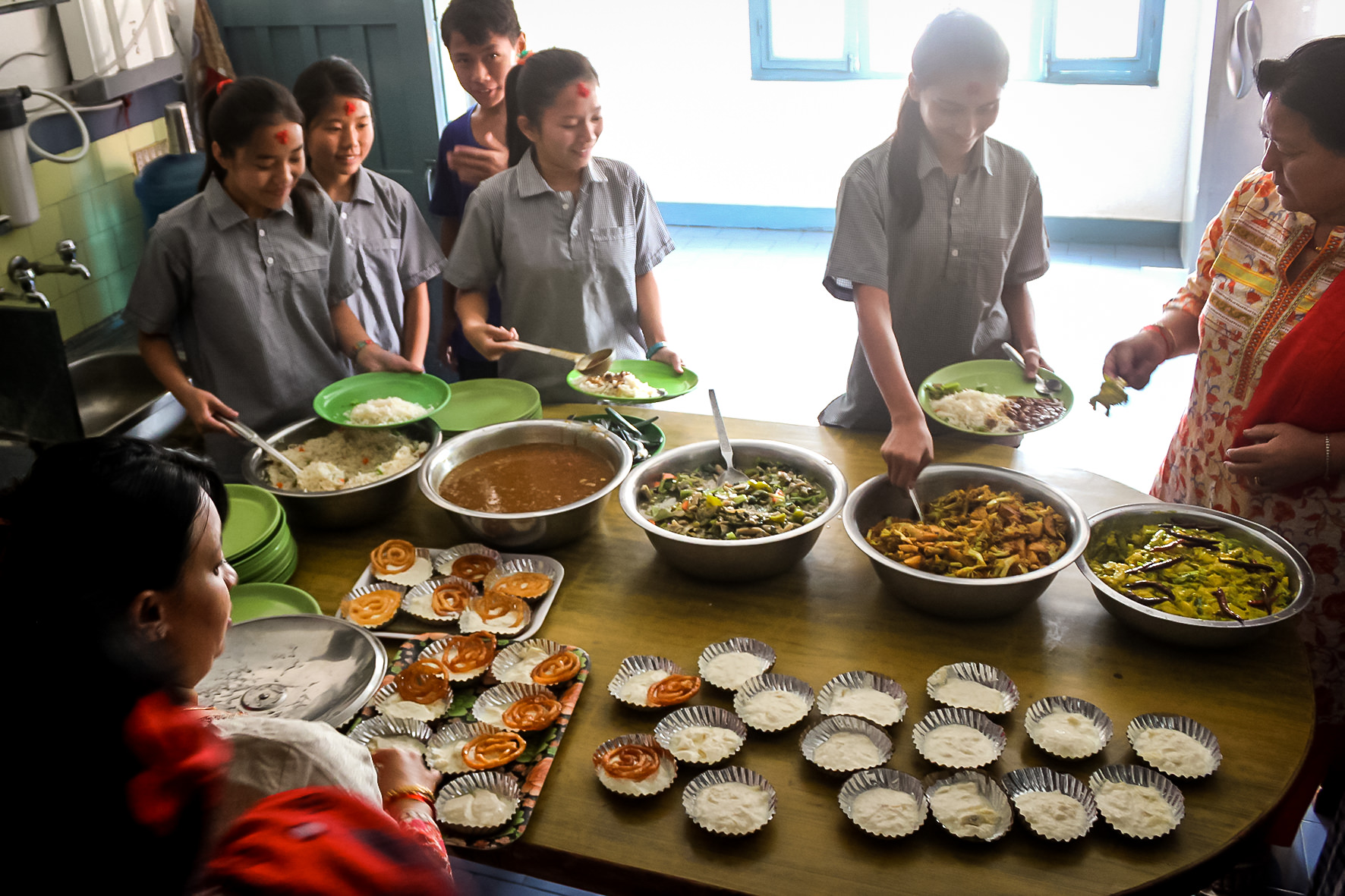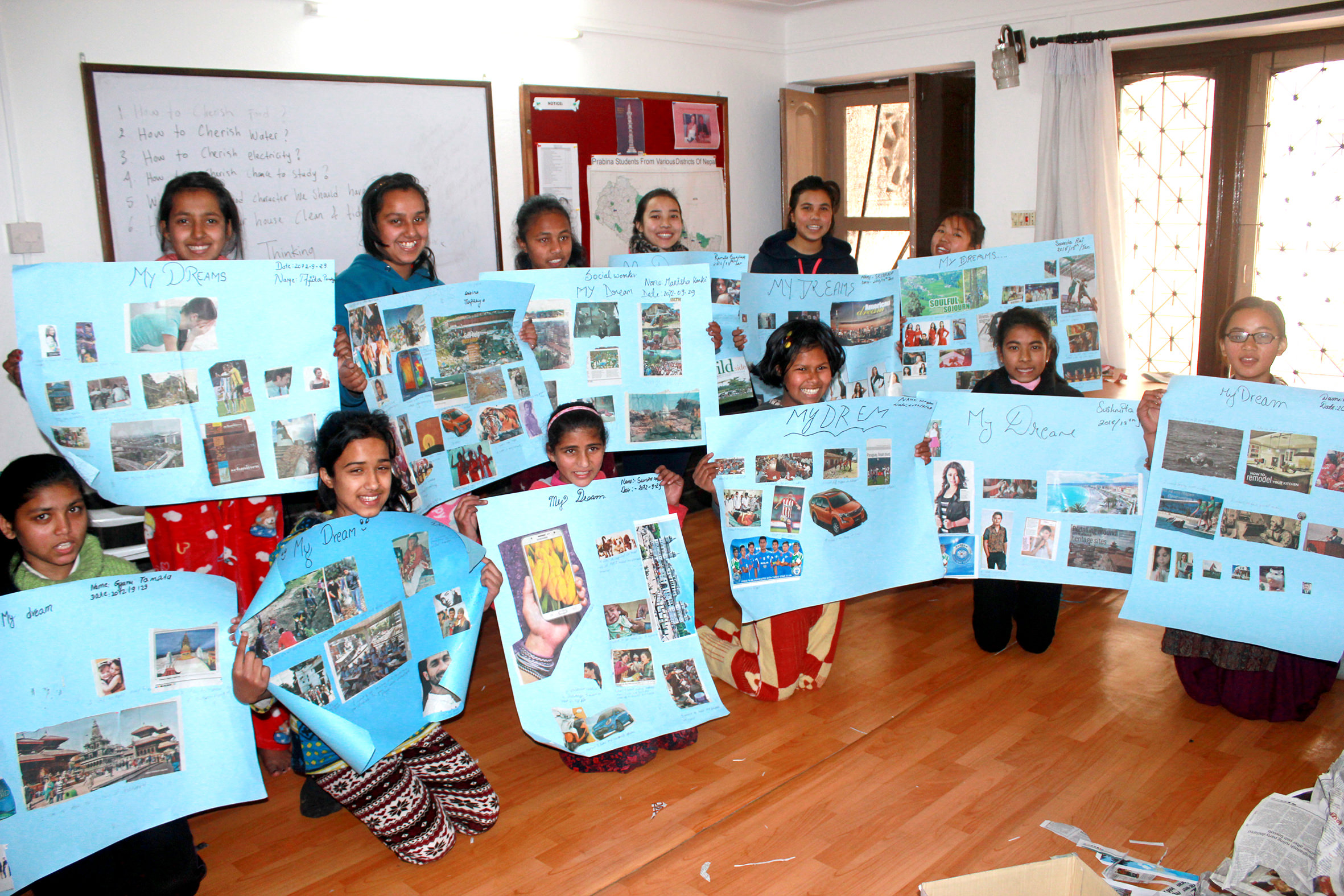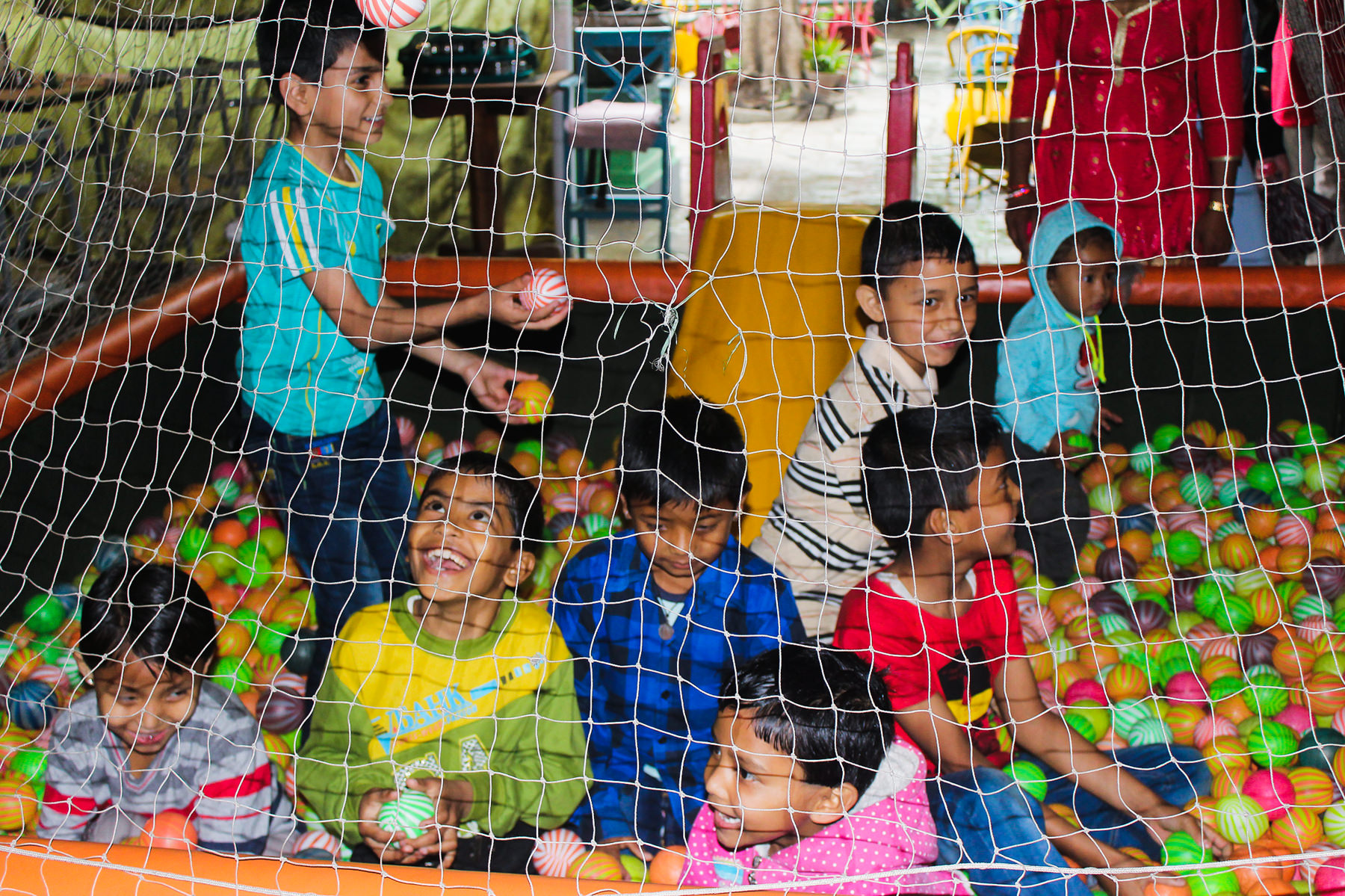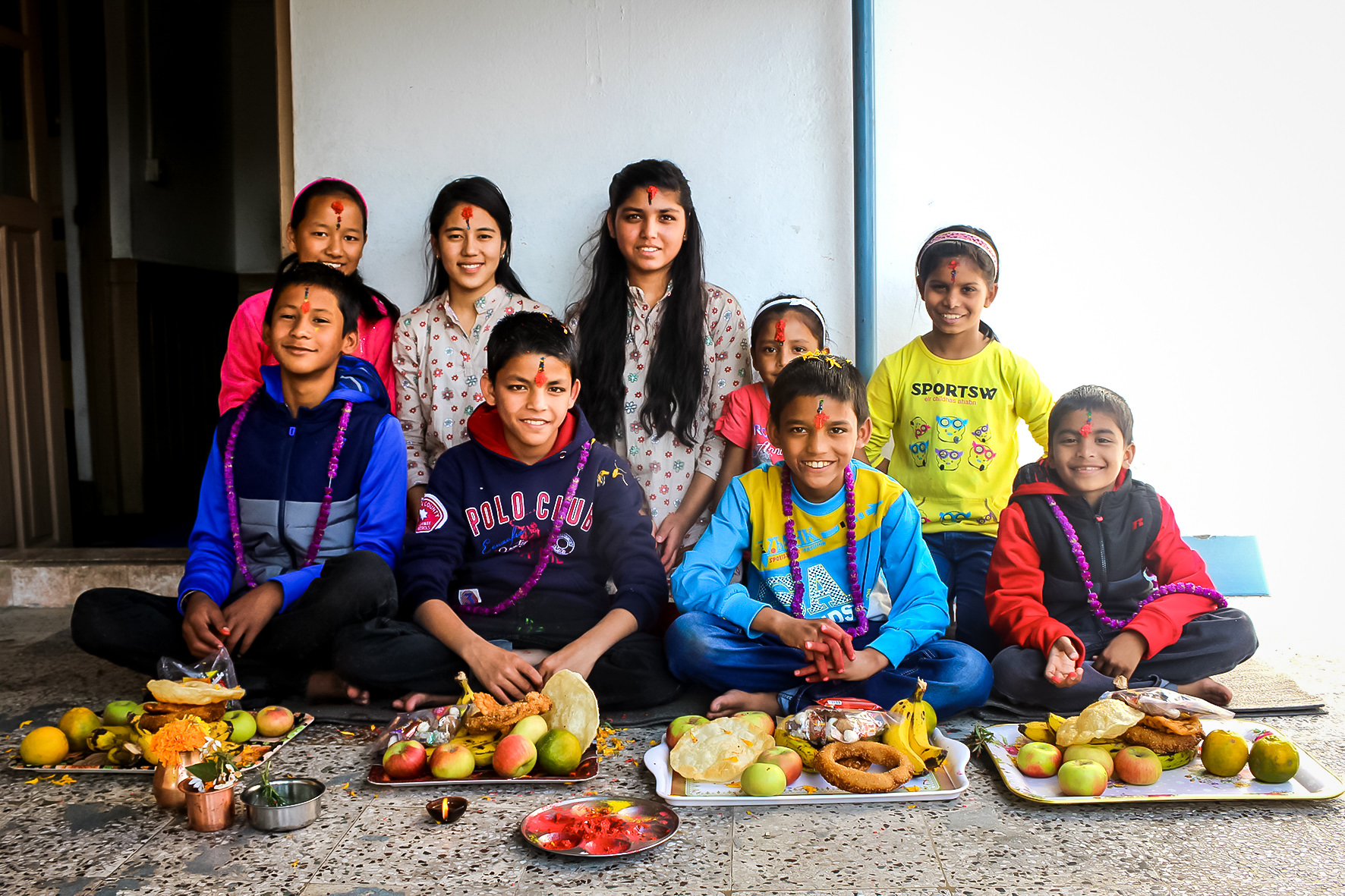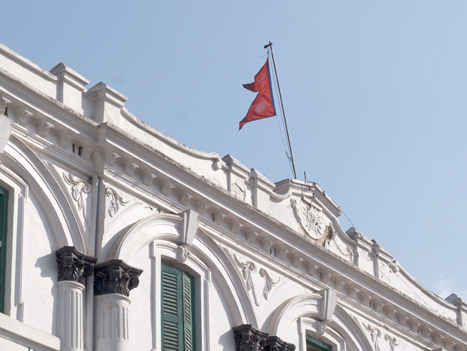
Nepal is a small yet extremely geographically, culturally and ethnically diverse country. The country has very fertile plains, subalpine forested hills and hosts eight of the world’s ten tallest mountains, including Mount Everest, the highest mountain on earth at 8,848 meters above sea level. The country is made up of 26.4 million people, of which the majority lives in rural area. Kathmandu is the nation’s capital city. The Nepali people are descendants of migrants from parts of India, Tibet and parts of Myanmar and Yunnan. It is a multicultural, multilingual and multi-religious country.
The country experienced a civil war between the Communist Party of Nepal (Maoist) (CPN-M) and the government of Nepal between 1996 to 2006. After ten years of violent, armed conflict, a peace agreement was signed between the parties in November 2006. Since then, the country has made efforts to become a democratic republic, but the road towards stability continues to be challenging.
In April and again in May 2016, Nepal experienced a devastating earthquakes that had a huge impact on people’s lives in the country. The reconstruction process has been extremely complex and is still in its beginnings, with a lot of humanitarian aid unable to reach the most affected people.



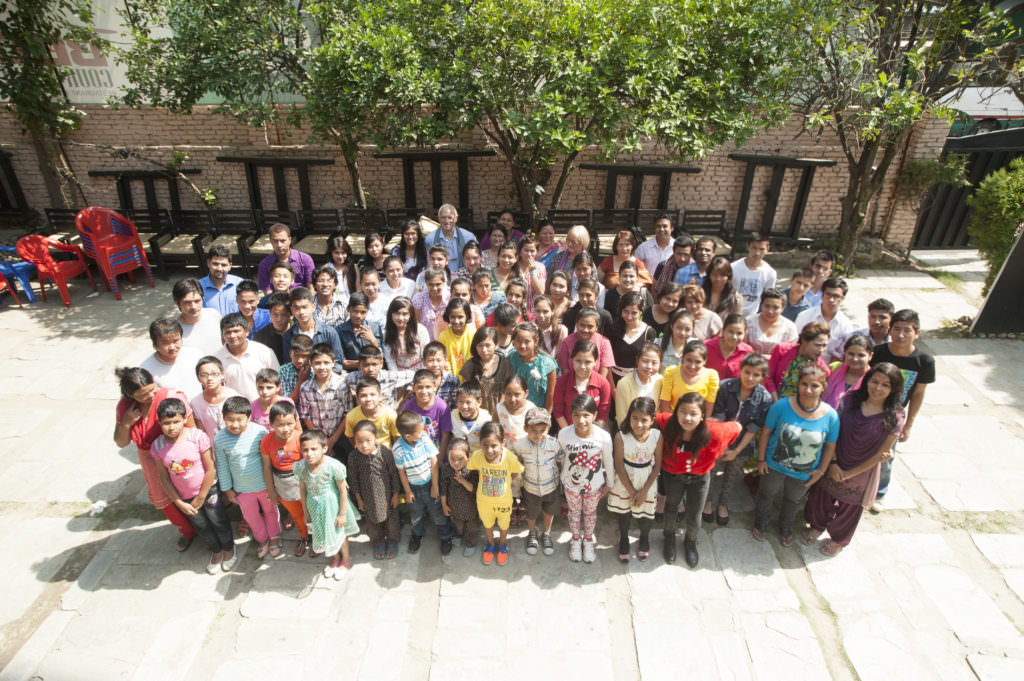
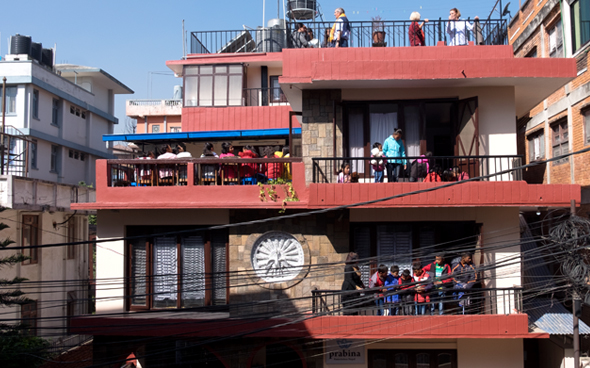 Prabina Foundation aims to ensure a safe home for vulnerable children and youths in Nepal in a number of ways. Efforts are made to ensure that children and youths stay with reliable family members when possible and helps to find alternative boarding options when necessary. Prabina house for girls in the center of Kathmandu provides a home for vulnerable girls who either do not have a family who they can live with or whose family is not able to care for them. In addition, it is a space for all Prabina children and youths to meet, grow and learn together. Currently, Prabina Foundation is in the process of developing a Prabina house for boys in order to provide a home space for those boys who require additional care and support.
Prabina Foundation aims to ensure a safe home for vulnerable children and youths in Nepal in a number of ways. Efforts are made to ensure that children and youths stay with reliable family members when possible and helps to find alternative boarding options when necessary. Prabina house for girls in the center of Kathmandu provides a home for vulnerable girls who either do not have a family who they can live with or whose family is not able to care for them. In addition, it is a space for all Prabina children and youths to meet, grow and learn together. Currently, Prabina Foundation is in the process of developing a Prabina house for boys in order to provide a home space for those boys who require additional care and support.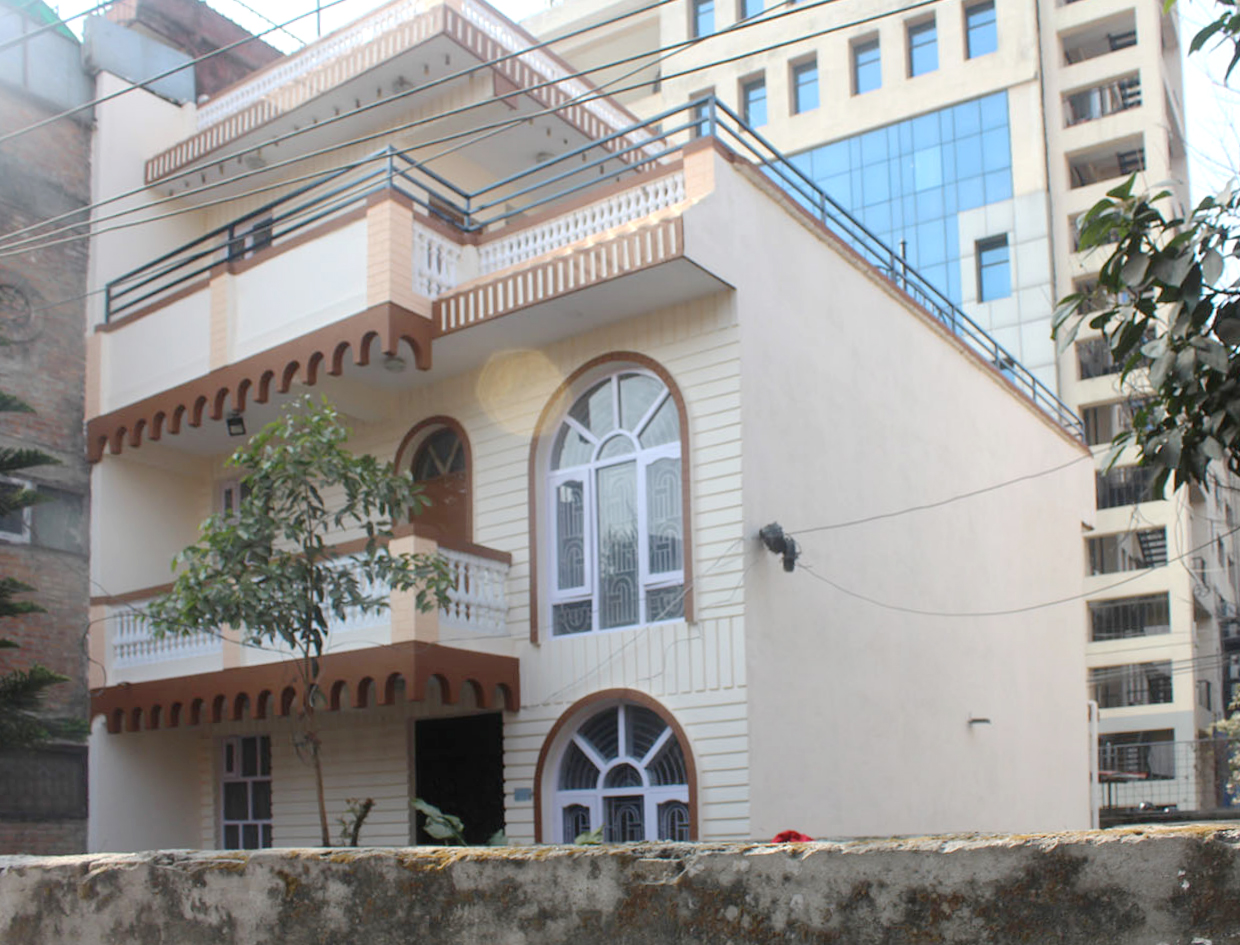 Prabina Foundation has launched a project and fundraising campaign to establish a Prabina house for boys. This aims to nurture a home space for those boys who require additional care and support and who do not have family they can live with or whose family is not able to care for them. Prabina Foundation is thankful for the donations it has received from individuals and organizations for this cause and welcomes further donations in order to ensure a sustainable living environment can be created for
Prabina Foundation has launched a project and fundraising campaign to establish a Prabina house for boys. This aims to nurture a home space for those boys who require additional care and support and who do not have family they can live with or whose family is not able to care for them. Prabina Foundation is thankful for the donations it has received from individuals and organizations for this cause and welcomes further donations in order to ensure a sustainable living environment can be created for
